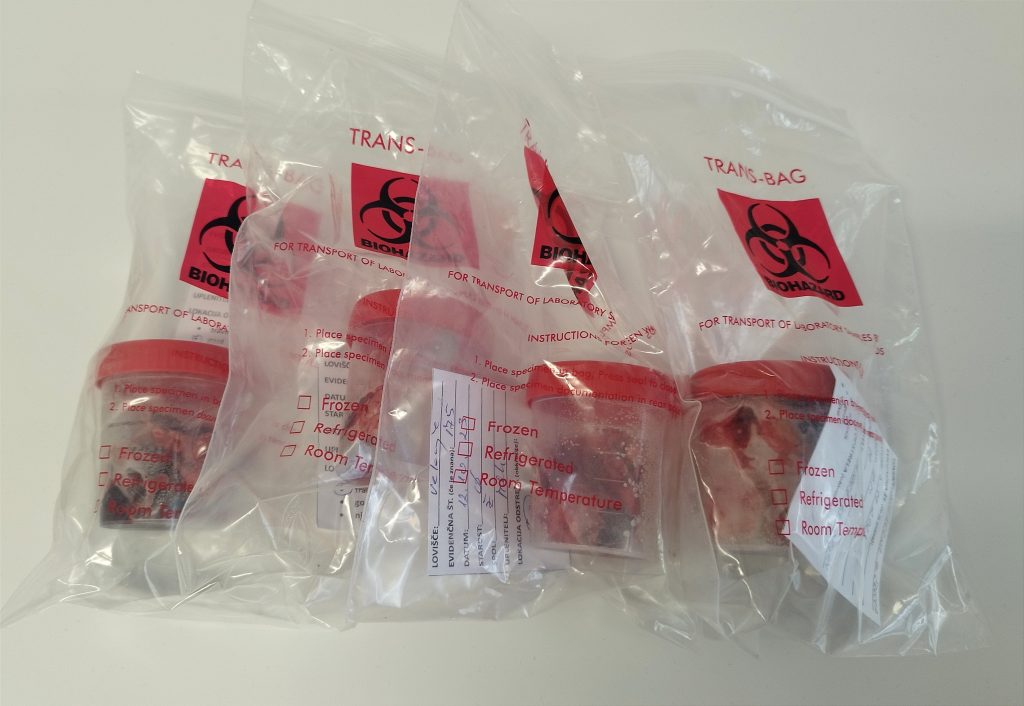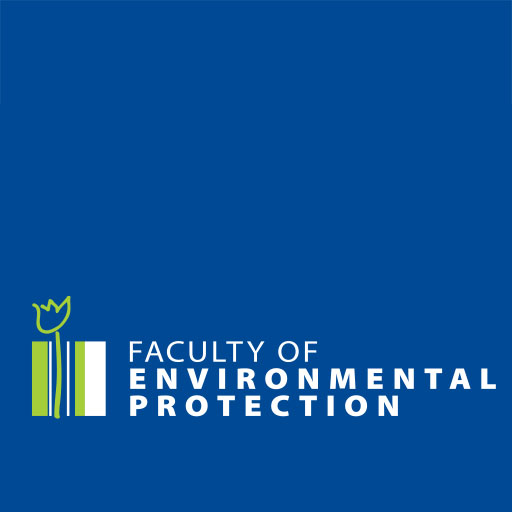The increase in the abundance of wild boar is resulting in an increase in conflict situations, especially damage to agricultural land. About half of all such damage in Slovenia is caused by ruminants on grassland, and knowledge of diet is one of the key factors in understanding the causes and consequences of ruminants in an area. In the framework of the targeted research project (CRP) ”Roaming of Wild Boars: Causes, Consequences and Options for Reducing Damage and Conflict” (https://divji-prasic. si/), we are determining dietary preferences in relation to butts based on molecular analyses of samples from the gut and faeces of culled wild boar, which we are collecting in collaboration with hunters in all the hunting management areas (LUOs) included in the study. We started collecting samples (with a focus on individuals harvested in grasslands) in 2023 and will continue to collect them until spring 2024.

